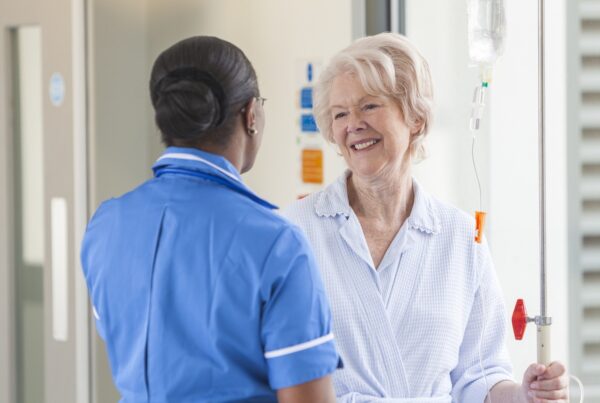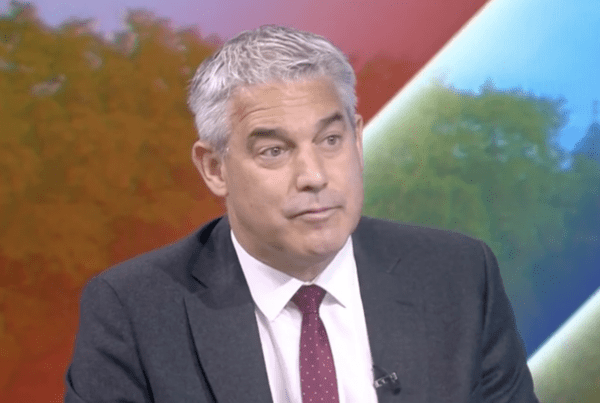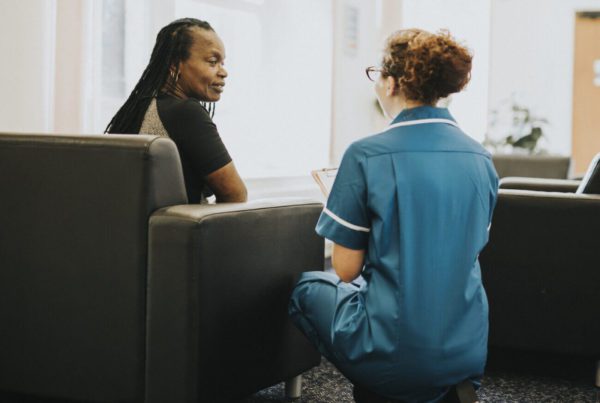
A top doctor warns he is always signing nurses’ leaving cards.
Health bosses have warned that hospitals are ‘haemorrhaging’ senior emergency department nurses.
The president of the Royal College of Emergency Medicine (RCEM) has warned that experienced senior nurses are “leaving in droves” due to the unprecedented pressure on the health service combined with poor pay and working conditions.
Speaking to a Commons Health Committee on Tuesday, Dr Boyle said he was worried staff “burnout will lead to burn away”.
“I’m also worried a lot of nurses, particularly the experienced nurses, they’re almost like the NCOs [non-commissioned officers] of the health service they know how to get things done, are leaving in droves. Every time I go into work I’m seeing nurses [say] can you sign this leaving card?
“We are haemorrhaging experienced nurses because they’re finding it very frustrating, not because there is too much work but because they’re unable to do the work they were trained to do.”
A hole in the workforce.
The NHS in England is currently short of nearly 50,000 registered nurses leading to additional stress and work for the existing workforce.
The Nursing and Midwifery Council (NMC) issued a rare statement earlier this year acknowledging that nursing staff were often working at the edge of safe limits.
Andrea Sutcliffe CBE, Chief Executive and Registrar for the NMC, said, “The current conditions in health and social care are incredibly tough. I know from talking to those working across, and using, different health and care services how difficult it is for professionals, and the impact it is having on people receiving care.”
Ms Sutcliffe reassured nurses that only a small number of workers are referred for fitness to practice investigations, and the regulator will “always take context into account”.
She continued, “Your employer has a duty of care towards you, so please don’t hesitate to talk to your managers and leaders if you’re finding it hard to cope. It is more important than ever that you’re supported to look after your own health and wellbeing, so you can care for others.



